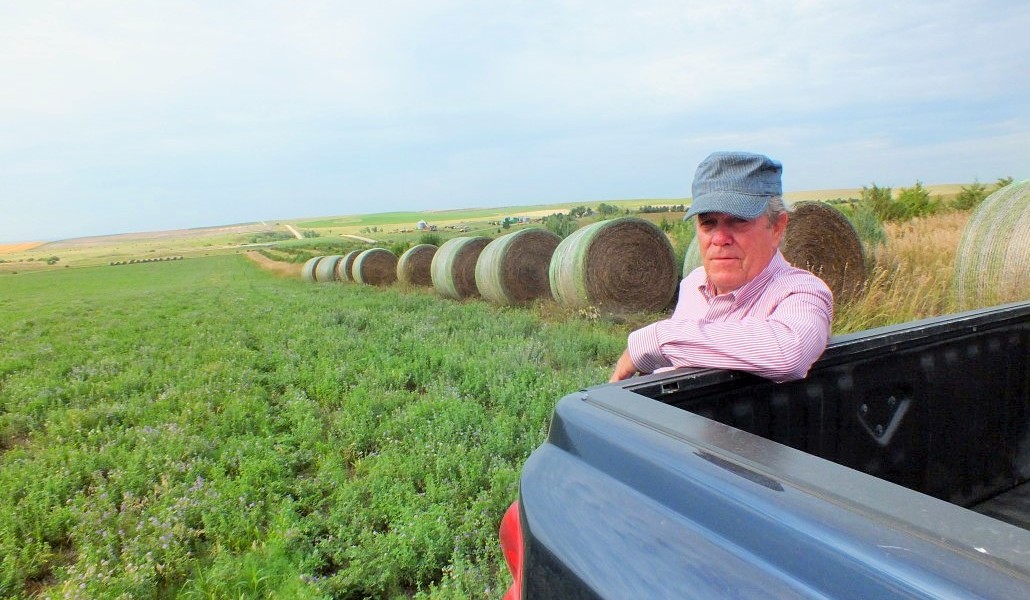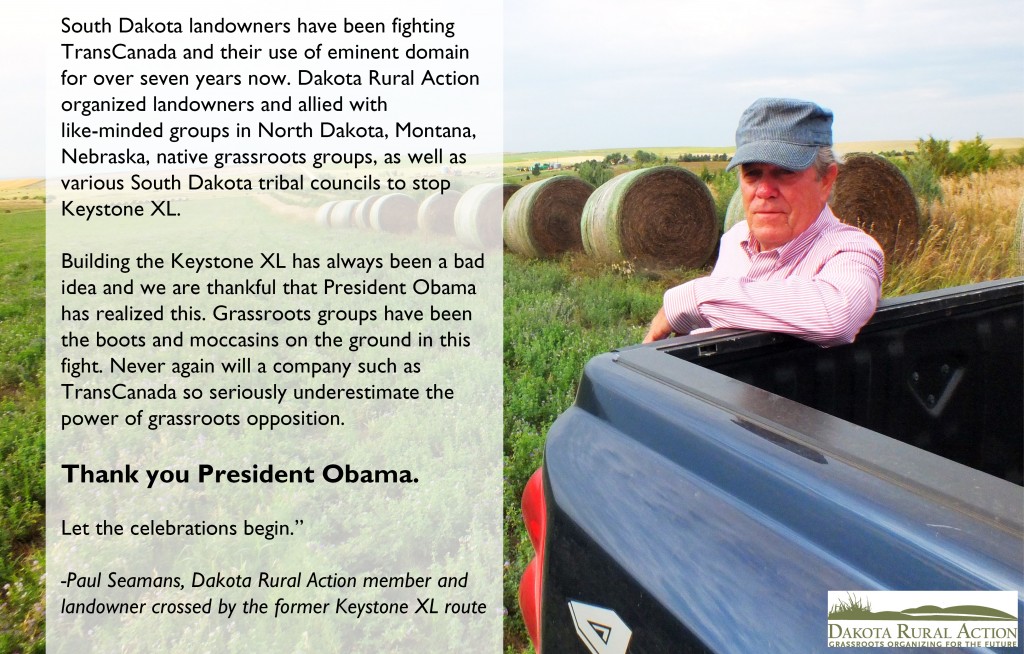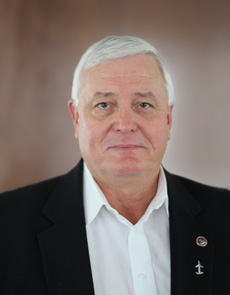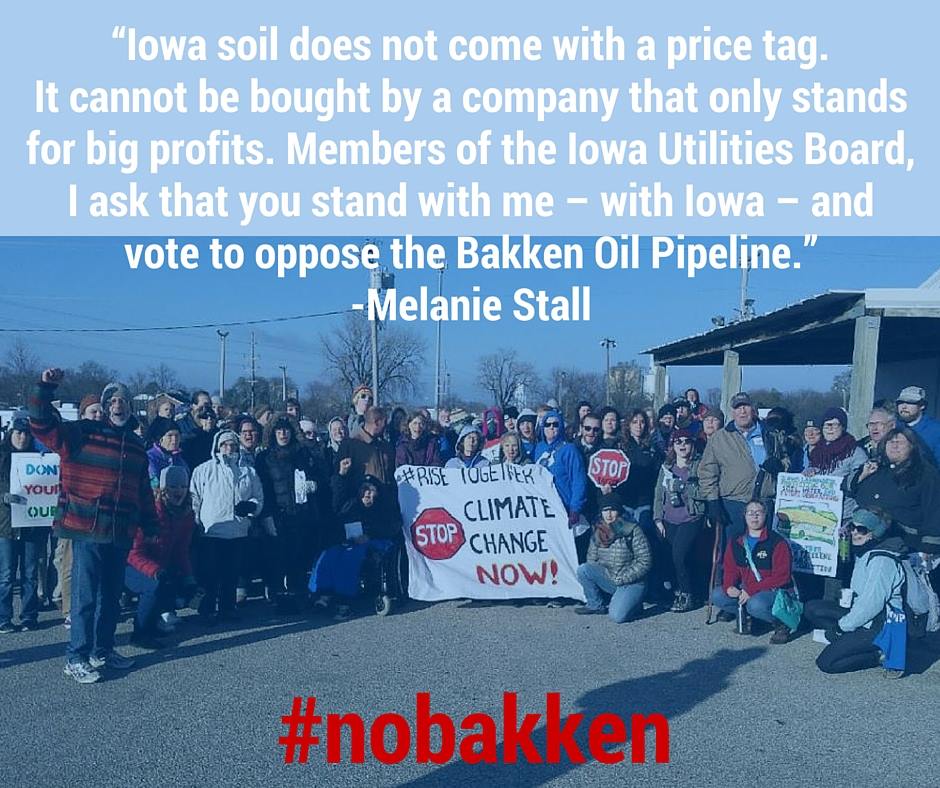Farmers and ranchers living along the proposed route for the Keystone XL pipeline spent seven years worrying that their land would be taken from them. They joined with other rural residents and tribal communities in Montana, South Dakota and Nebraska and attracted national attention as they organized, protested and pushed state and federal lawmakers to stop the pipeline. Together, they spoke out against the pipeline’s risks, which threatened to destroy their farms, homes and waterways, while offering very few benefits to them or the country at large. In a saga with many twists and turns, they were often told that their efforts were in vain.
But last week, these allies could breathe a little easier in victory as President Barack Obama rejected the Keystone XL pipeline. He affirmed the power of people over corporate profit when he made the decision to put America’s interests — our soil, water, farms and communities — before the profits of a foreign corporation.
Farm Aid joins with the communities that continue to celebrate and thank the Administration for this move. And we send our gratitude to the thousands of people on the ground and their tireless efforts to take a stand. Without their courage, this win would not be possible. Here’s what some of those leaders had to say as the pipeline rejection was announced:
From our friends at Dakota Rural Action in South Dakota:
As a property owner in South Dakota, and who was coerced into a settlement agreement through eminent domain, I am deeply grateful for the rejection of the Keystone XL pipeline.
— John Harter, Dakota Rural Action Vice Chair and a landowner whose property would have been crossed by the former Keystone XL route
From Northern Plains Resource Council in Montana:
Congratulations to President Obama on his decision to deny TransCanada a permit for the Keystone XL pipeline. The pipeline proposal carried great risk to both safety and the environment, and ran roughshod over private property rights. The rewards from this project were always inflated, while the risks were often minimized.
‘Thank you to the president for making the right decision. My land and the land of my neighbors are saved from the sacrifice we felt imminent with this pipeline. I am thankful that the president recognized that this pipeline is not needed now that the country has come leaps and bounds in developing renewable and domestic energy sources.’
— Darrell Garoutte, McCone County rancher and Northern Plains Resource Council representative
It is fundamentally wrong to allow any foreign corporation to use the right of eminent domain to ravage through privately owned farmland in order to transport foreign owned crude destined to a foreign country. That is certainly not in our best interest. What came out loud and clear with the rejection of Keystone XL is the whole hoax about it creating jobs. That’s an impressive truth that finally got exposed. With alternatives, we’ve got a better, cleaner, form of energy, and the jobs continue.
— Helen Waller, Wheat farmer from McCone County, Montana
And from ground zero in Nebraska, John Hansen, President of Nebraska Farmers Union:
I know one thing, win or lose, we left no stone unturned. We took a lot of heat, had many, many lows, but thanks to our landowners, members, staff, partners, and leadership, we did not fold. Since Nebraska was ground zero for this battle, we are really relieved, and very thankful that our efforts have finally been successful. Hip, hip, hooray!
President Obama’s formal rejection today is a major victory for landowners in the path of the pipeline, our soil and water resources, our efforts to constructively slow the rate of climate change, and for the rule of law and due process. For our landowners and our organization, this has been a long seven years of struggle, worry, frustration, work, and financial expense. We salute the tenacity and courage of our members and landowners who have stuck up for their rights, due process, and the interests of their land and generations to come. We are going to have a lot to be thankful for this Thanksgiving.
This victory, however, is by no means the end. Farmers across the country are increasingly facing similar threats as new pipeline routes, fracking wells, mines and other projects tied to the fossil fuel economy emerge. In Iowa, the proposed Bakken Pipeline that will cut through the state is the new battleground for development around crude oil from the Canadian Tar Sands and Bakken Oil fields in North Dakota. Our friends at Iowa Citizens for Community Improvement offer the following:
The Dakota Access pipeline, or Bakken Pipeline, is slated to carry 570,000 barrels of crude oil a day from North Dakota across Iowa into Illinois. Opponents of the Keystone XL pipeline should be aware that the Dakota Access Pipeline is a bait and switch for the KXL…
Keystone and all the other pipelines proposed from the Tar Sands of Canada and the Bakken Oil fields of North Dakota are a threat to groundwater and the well-being of our communities. Iowa farmers should not be forced to give up their land for the sake of an out-of-state company that has no interest in the future of our state. No benefits will be brought to Iowa by the Bakken Pipeline—the only outcome is tremendous risk shifted onto the shoulders of Iowans….
‘We call upon not only Iowans but people around the country to stand up to this new threat and help us say NO to Bakken oil,’ shared Rev. Barbara Schlachter of Iowa City. ‘The pipeline struggle continues, and we need the help of all those who so firmly and faithfully opposed the Keystone XL.’
We salute all the farmers on the frontlines of struggles to protect our soil, water, land and communities in the face of the fossil fuel industry.
Further Reading
- Farm Aid Stands With Farmers and Ranchers Opposing Keystone XL Pipeline
- This Ask Farm Aid column looks further at the issues surrounding the Keystone XL pipeline and its potential effects on family farmers and ranchers.
- Learn about Farmer Hero Art Tanderup a Nebraska farmer, who took his protest against the Keystone XL pipeline to Washington, D.C. alongside Farm Aid co-founder Neil Young.






